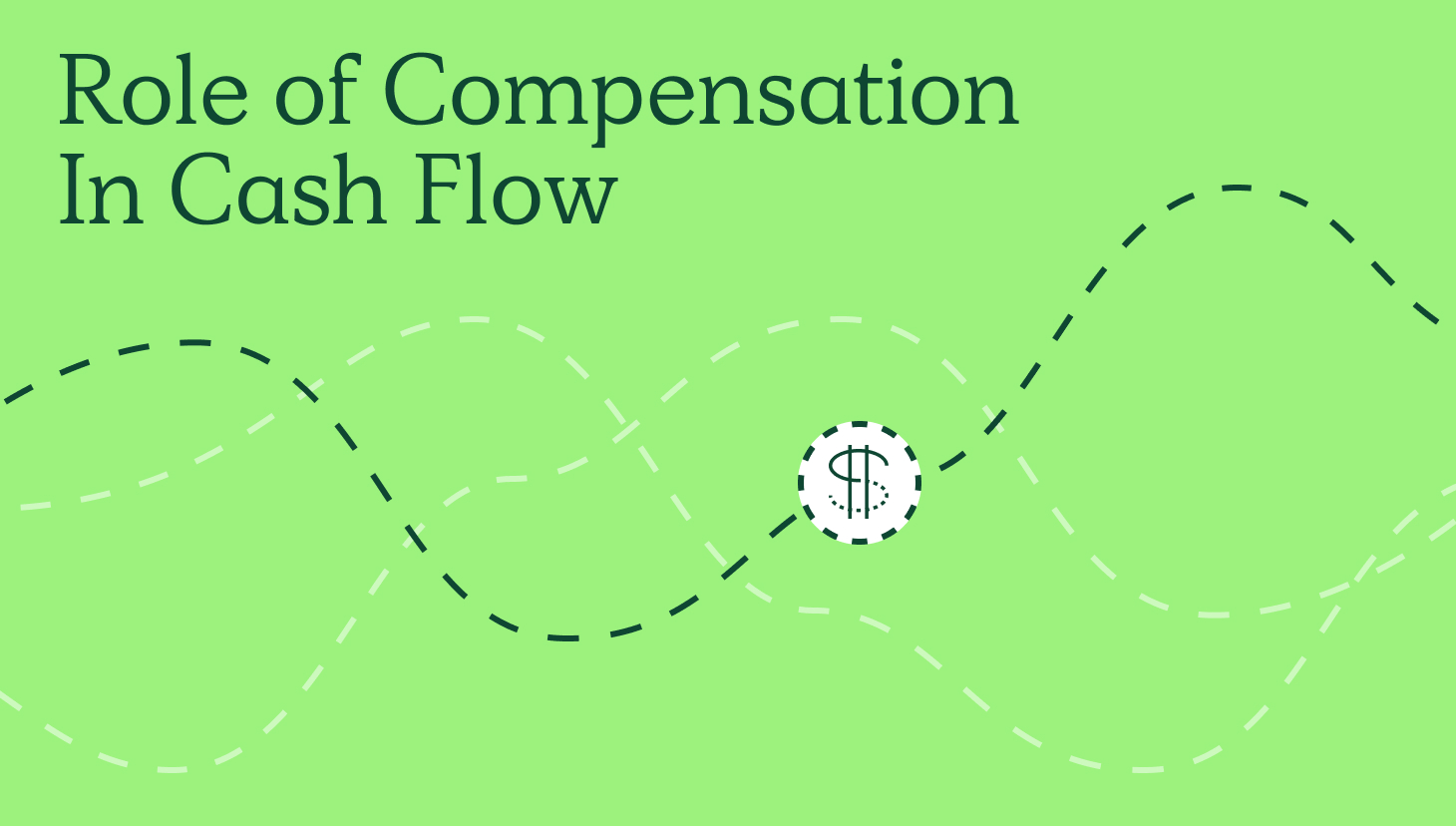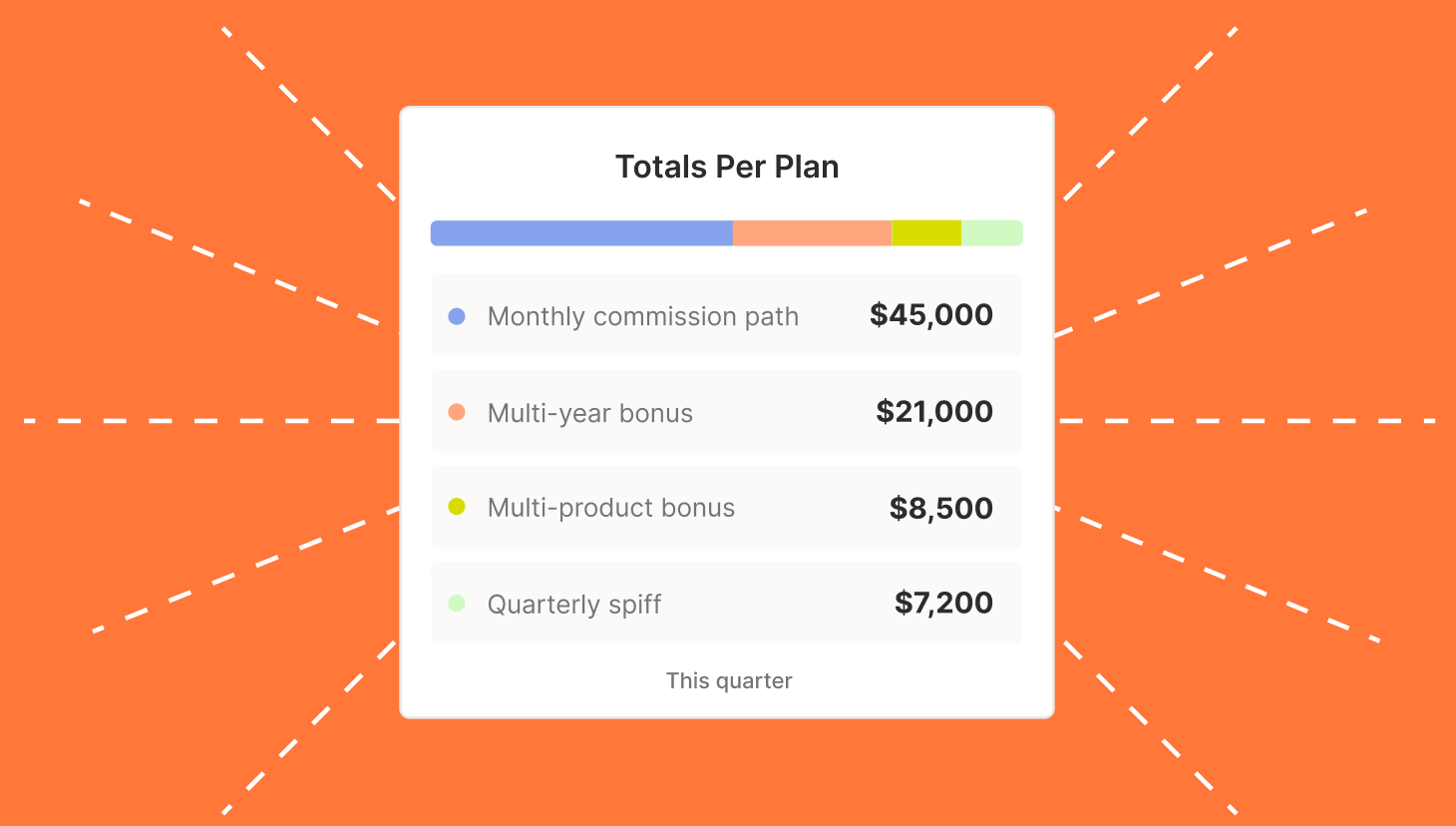This is a guest post written by RevPartners, a management and consulting firm that designs and executes revenue engines to supercharge their customers’ growth with services such as HubSpot Onboarding, RevOps as Service, and SEO/PPC. The RevPartners team orchestrates, optimizes, and reports on their client’s marketing, sales, and operations processes through automation and tools. RevPartners’ mission is to democratize Revenue Operations as a Service, empowering the 99% to experience the benefit of RevOps.
Keep it simple
Many people are drawn to commission-based (or variable pay) careers. The thought of being in control of how much you can earn based on your own hustle level seems like the ultimate motivator. The more you sell, the more you earn. Simple.
Unfortunately, “simple” is often out of style. Many companies today have found ways to take the relatively basic concept of “sell more = earn more”, and muck it up beyond all recognition.
Here’s a collection of some of the worst comp plans around with the trigger warning that if you are a fan of common sense, you are about to be highly offended.
Create Compensation Plans with confidence
RevOps, sales leaders, and finance teams use our free tool to ensure reps’ on-target earnings and quotas line up with industry standards. Customize plans with accelerators, bonuses, and more, by adjusting 9 variables.
Build a Comp PlanTerrible, horrible, no good, very bad sales compensation plans
Commission floors/cliffs
What is this?
Imagine you’re in school taking a test and you answered 6 out of 10 questions correctly. What grade would you expect? A 60%, obviously. But what if the teacher had some bizarre rule where you had to achieve a score of at least 70% on an exam, or else you automatically received a 0%. Now you have a taste of what a sales commission floor (or cliff) is.
An official definition is: when a sales rep is required to hit a minimum target to earn any commission.
Why is it bad?
A few reasons…
1. When a company chooses punishment as a motivating factor they will experience a high rate of churn.
2. It can lead to sales reps just trying to reach the minimum target as opposed to hitting 100%.
3. It encourages “sandbagging”. In other words, when it’s near the end of a monthly or quarterly quota, and a sales rep knows that a sale won’t help them hit their numbers, they’ll just hang onto the sale so that it can help them for the next sales cycle.
Can this type of plan ever be ok to use?
Plans with commission floors work best for account management/account renewal roles as well as sales executives. For AEs, however, we recommend staying away.
Non-standardized plans
What is this?
Imagine, again, that you’re back in school and for some of the students in your history class the lowest ‘A’ cut-off is 90%, but for other students the lowest ‘A’ cut-off is 80%. Same grade level, same class, different grade structure. Welcome to how it feels in the world of non-standardized commission plans.
An official definition: when people in the same company, working in the same role have different quotas, different on-target earnings (OTEs), and different commission structures.
Why is it bad?
It fails to foster an equitable work environment.
Can this type of plan ever be ok to use?
Because some sales reps will be brand new, and some will have a decade of experience, it’s expected that some OTEs will be higher than others. The fix for this is to create different “levels” or “tiers” such as junior and senior account executives. While plans would be standardized within a given level, they could differ from one level to another.
Try QuotaPath for free
Try the most collaborative solution to manage, track and payout variable compensation. Calculate commissions and pay your team accurately, and on time.
Start TrialEver-changing plans
What is this
I’m really feeling these school examples. Imagine a class where the policies, procedures, and expectations of the teacher changed every month. It would be confusing. A comp plan structure that is constantly being changed would feel the same way.
An official definition: when a comp plan is changed every quarter or month.
Why is it bad?
Employee morale and confidence drop when plan structures are frequently changed. This drop is sharper the more often it’s done (i.e. quarterly changes produce less confidence than yearly ones).
Can this type of plan ever be ok to use?
Fun holidays or monthly contests, in the form of SPIFs, can provide brief alterations to a plan’s structure without changing the whole thing. But, especially in a volatile market, you may need to adjust a plan mid-way through the year. If this is the case, be sure to communicate with your reps, gather feedback, and roll changes out following this example compensation communication plan.
Unattainable OTEs
What is this?
It’s the first day of school and your science teacher announces that anyone who earns 100% for the first quarter gets a free homework pass for the rest of the year. You’re pumped, this is great news!
Then, after talking to some former students of this teacher, you find out that only 2 students in the last 10 years have actually accomplished this feat. That punch in the stomach is what it feels like when you start working for a company only to realize that the OTE you were so excited about is a pie-in-the-sky fantasy.
An official definition: when a company advertises an impressive on-target earnings potential, usually in an effort to draw high-talent candidates, that is not realistically achievable. An unobtainable OTE is often the result of a sales quota being too high, a disproportionate base salary to variable pay mix, an inferior product, and/or a lack of quality sales training.

Calculate OTE:Quota ratios
Use this free calculator to ensure your reps’ on-target earnings and quotas mirror what they’re bringing in for the business.
Try it nowWhy is it bad?
It’s deceitful and kills employee motivation. While it’s true that people enjoy the feeling of accomplishing difficult tasks, no one enjoys putting in maximum effort for something that’s borderline impossible.
Can this type of plan ever be ok to use?
Not generally. It’s more than fine to advertise very high OTEs if they are actually attainable, but the employer should be honest during the interview process regarding what their average rep earns.
The never-ending story
What is this?
When a teacher passes out a syllabus on the first day of class, it’s usually a page long with a few, key highlights. We’ve all had the experience, though, of a teacher who found it necessary to create a 24-page document highlighting how every minute of every day will go. If you’ve experienced this, then it’s not hard to imagine why a comp plan that is 40+ pages long is a terrible idea.
An official definition: A very long, overly-detailed explanation (including all exceptions and charts) of how every single component in a comp plan will work.
Why is it bad?
A good comp plan will lay out what behaviors you want from your reps. If your comp plan is too long, then it’s too complicated to understand exactly what’s expected. Result: it likely won’t work.
Can this type of plan ever be ok to use?
If the actual basis of the comp plan is solid and can be reduced to about a 3-page explanation and just a few examples, then yes.
Capped commission
What is this?
Last bad comp plan, last (bad) school analogy.
What if a teacher told a young student that each time they read a book, they would learn new things; however, this rule would only apply to the first 10 books they read. They could read 50 books, but books 11-50 would yield no new gains in knowledge. That young student would have little motivation to read more than 10 books. That’s a glimpse into the concept behind capped commissions.
An official definition: when there is a ceiling to what you can earn when you generate revenue over a certain point.
Why is it bad?
It’s demotivating and stunts the growth of sales reps. This may be the only comp plan that has no redeeming value.
Bottom line: there is no debate between capped vs. uncapped commissions. Commissions should always be uncapped.
Can this type of plan ever be ok to use?
No. Just…no.
How to get comp planning right
Bad comp plans are a reality, but they don’t have to be.
Knowing what not to do is a good first step toward building a simple, fair, and logical comp plan. For comp plan templates that you can customize to align with your business model, visit QuotaPath’s free resources, Compensation Hub. Find a plan you like, then save it, and start a free trial in QuotaPath to see it automated.
Once that comp plan is in place, QuotaPath’s seamless HubSpot integration will automate commissions and help your RevOps processes.
To learn more about RevPartners, visit revpartners.io.



